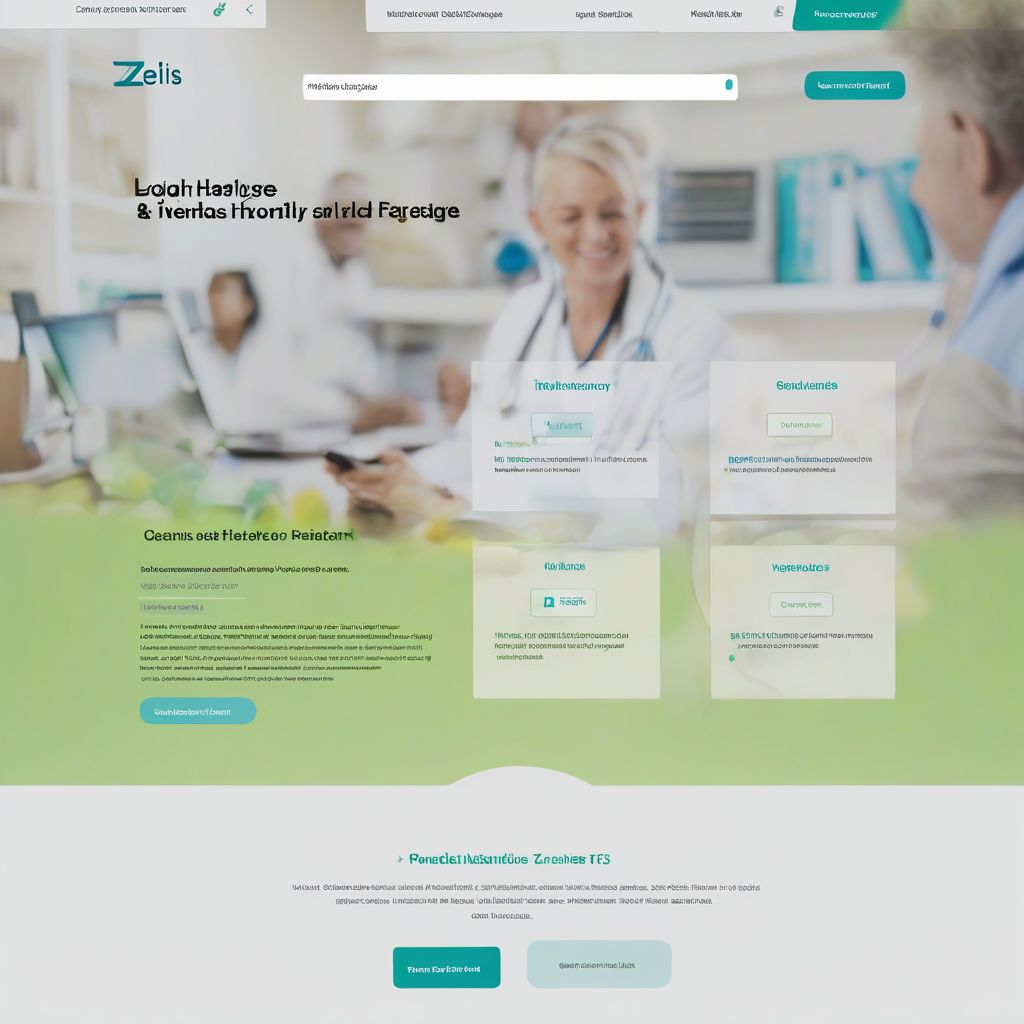Master’s in Healthcare Administration: Your Path to Leadership in Healthcare

Imagine being at the forefront of positive change in the ever-evolving world of healthcare. As a leader, you could be shaping policies, improving patient care, and optimizing healthcare delivery systems. If this vision resonates with you, a Master’s in Healthcare Administration (MHA) might be your ideal next step.
What is a Master’s in Healthcare Administration?
A Master’s in Healthcare Administration is a graduate degree designed to equip individuals with the knowledge and skills necessary to lead and manage healthcare organizations effectively. This program delves into the complex intersection of healthcare delivery, business principles, and public health policies.
Why is a Master’s in Healthcare Administration Important?
In today’s dynamic healthcare landscape, the demand for skilled healthcare administrators is higher than ever. Earning an MHA can provide you with a significant competitive edge, opening doors to leadership roles in hospitals, clinics, insurance companies, and public health agencies.
The Value of an MHA:
- Increased Earning Potential: Individuals with an MHA often command higher salaries compared to those with only a bachelor’s degree.
- Career Advancement: An MHA can fast-track your career progression into management and executive positions.
- Specialized Knowledge: You’ll gain in-depth knowledge about healthcare regulations, finance, operations, and policy analysis.
- Leadership Skills Development: MHA programs cultivate essential leadership, communication, and problem-solving skills.
Frequently Asked Questions about MHA Programs
Navigating the world of graduate studies can feel overwhelming. Let’s address some common questions aspiring healthcare administrators often have:
What are the typical admission requirements for MHA programs?
Most MHA programs require a bachelor’s degree, preferably in a related field like healthcare, business, or public health. Additionally, standardized test scores (GRE or GMAT), letters of recommendation, and a compelling personal statement showcasing your passion for healthcare administration are usually required.
What are some key skills I’ll gain in an MHA program?
MHA programs are designed to cultivate a well-rounded skill set essential for healthcare leaders:
- Financial Management
- Strategic Planning
- Human Resources Management
- Healthcare Law and Ethics
- Data Analysis and Health Informatics
- Quality Improvement and Patient Safety
What are some potential career paths with an MHA degree?
Graduates with an MHA degree are well-positioned for a variety of rewarding career paths within the healthcare sector:
- Hospital Administrator
- Clinic Manager
- Health Information Manager
- Healthcare Consultant
- Pharmaceutical Project Manager
- Public Health Administrator
healthcare.lagital.com/wp-content/uploads/2024/07/healthcare-administrator-66a309.jpg" alt="Healthcare Administrator" width="1024" height="1024">Healthcare Administrator
Conclusion
Pursuing a Master’s in Healthcare Administration is a significant investment in your future. It’s a challenging yet rewarding journey that can equip you with the skills and knowledge to make a real difference in the lives of patients and communities. If you’re passionate about healthcare and aspire to lead positive change, an MHA degree might be your key to a fulfilling and impactful career.
Do you have any more questions about pursuing an MHA or a career in healthcare administration? Share your thoughts and questions in the comments below. We’d love to hear from you!


Leave a Comment